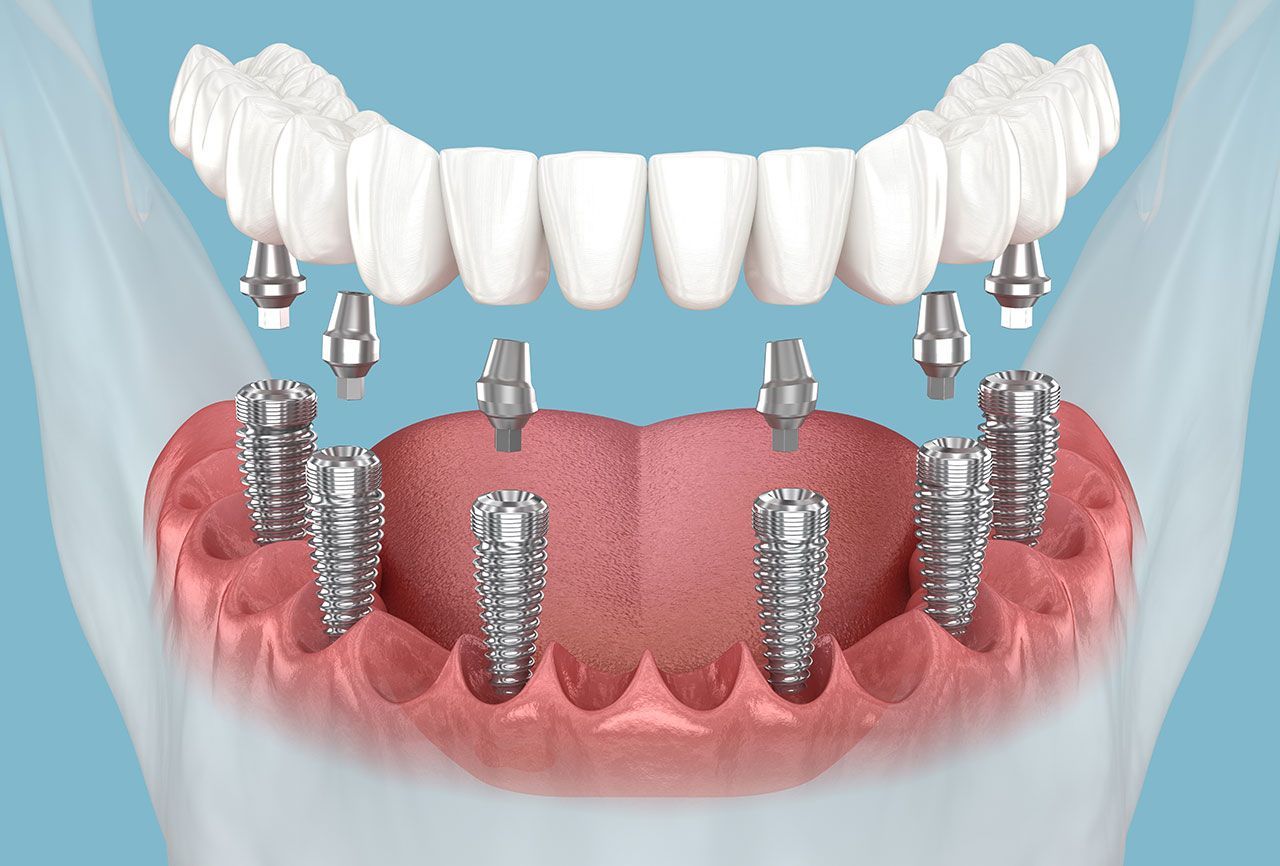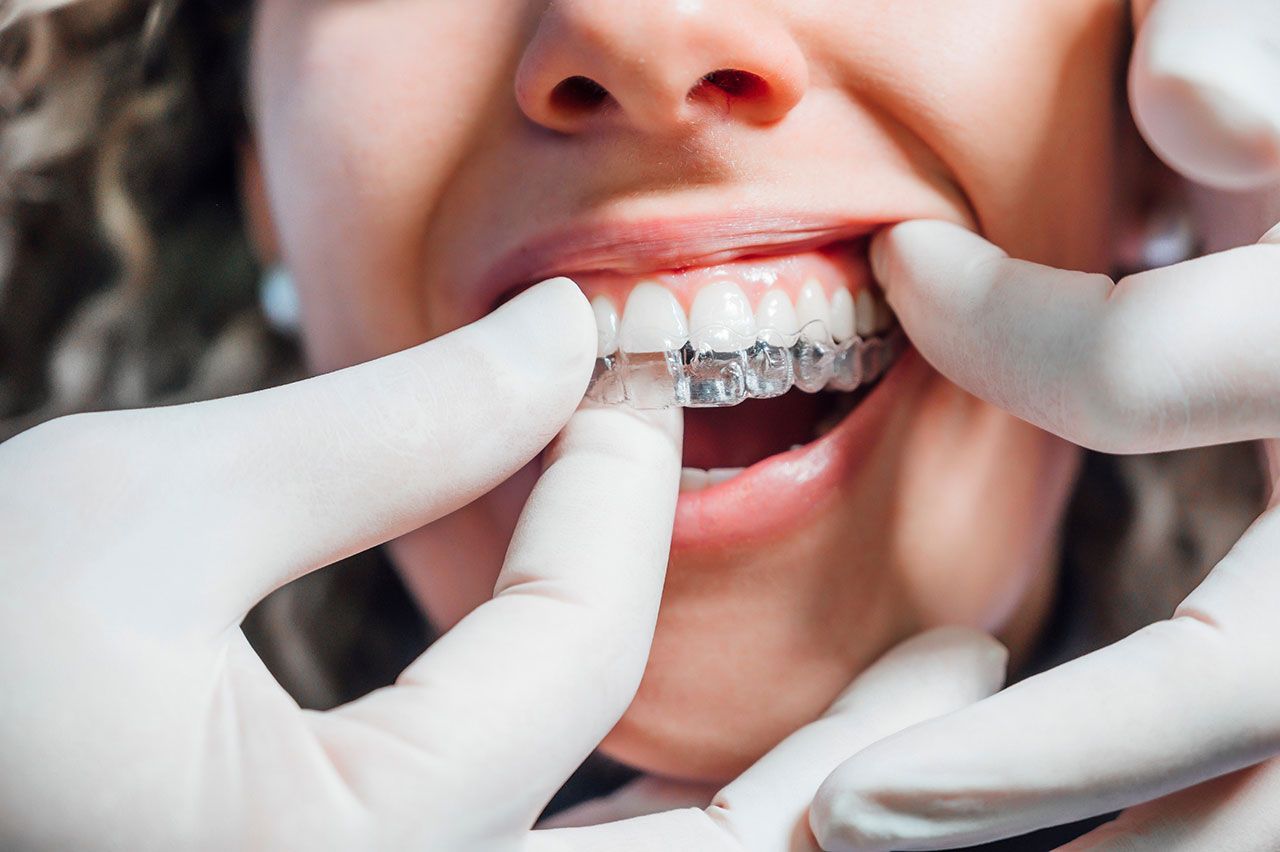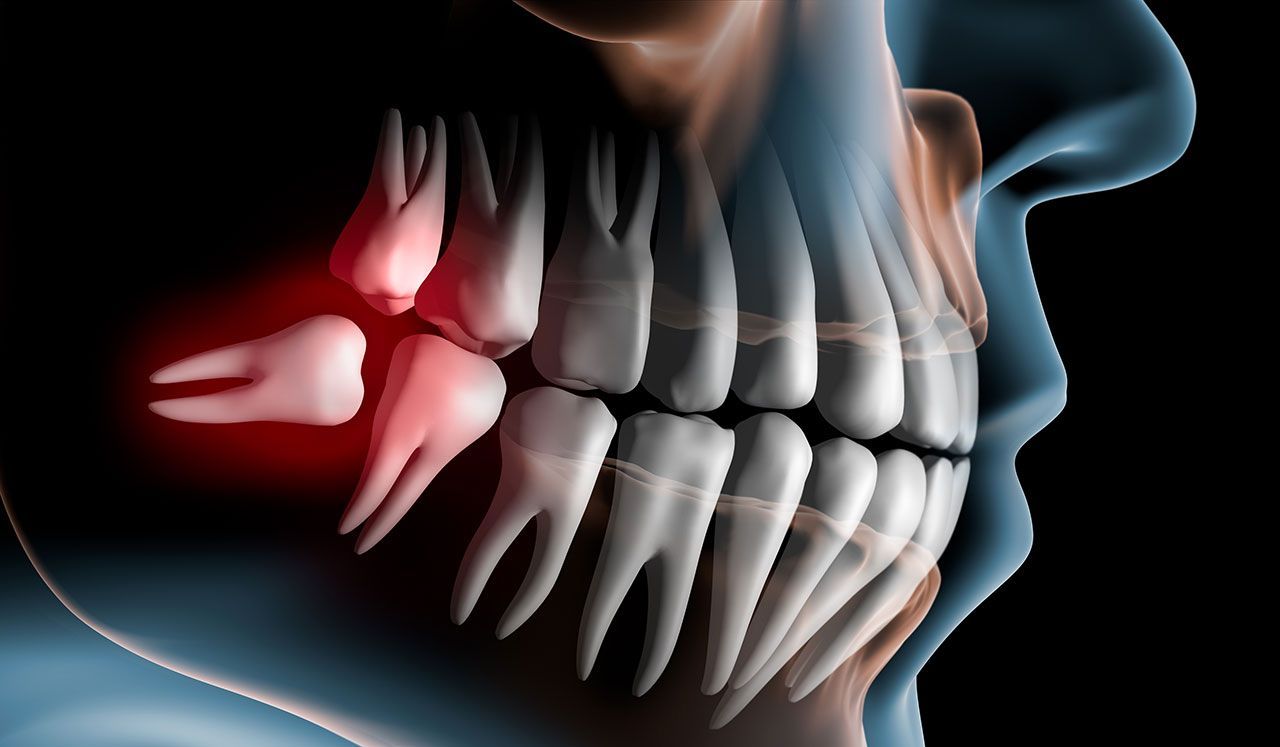Dental Implants in Detroit: A Confident Bite That Feels Like Your Own
Here’s a simple, honest question: if you could replace a missing tooth with something that looks, feels, and functions like the real thing, would you want that level of normal back? Dental implants are built for that exact promise—stable chewing, natural esthetics, and a solution that protects your jawbone for the long haul. If you’re tired of compensating—chewing on one side, covering your mouth in photos, or worrying about a loose denture—dental implants can change the way you eat and smile every single day.
What Is a Dental Implant?
A dental implant is a biocompatible post—often titanium—that’s placed in the jawbone to act like a natural tooth root. After it bonds with the bone (a process called osseointegration), a custom abutment and crown are attached on top. The result is a replacement tooth that stands on its own, doesn’t rely on neighboring teeth, and delivers steady chewing power. Implants can replace one tooth, several teeth with implant bridges, or even a full arch using fixed solutions.
Why People Choose Dental Implants
- They feel secure. No slipping. No clicking. Just a solid, natural bite.
- They protect your bone. Tooth roots stimulate the jawbone. When a tooth is lost, the bone can shrink. Implants bring that stimulation back.
- They’re independent. Unlike traditional bridges, implants don’t require reshaping healthy neighbor teeth.
- They look natural. Custom ceramic crowns are shaded and shaped to match your smile.
The Process, Explained in Plain Language
Consult and planning. You’ll have an exam, digital scans or X-rays, and a bite evaluation. Your dentist will assess bone density and gum health, then map out a plan that fits your mouth and timeline.
Implant placement. A small, precise procedure places the implant post in the bone. Many people say it’s easier than they expected, often comparable to a routine extraction in terms of comfort.
Healing period. Over several weeks, the implant and bone lock together. You may wear a temporary tooth during this time for comfort and appearance.
Final restoration. A custom abutment and crown complete the tooth. Your dentist fine-tunes the bite so chewing feels equal on both sides.
Single Implants, Implant Bridges, and Full-Arch Options
- Single-tooth implants are ideal when one tooth is missing and you want to avoid reshaping neighboring teeth.
- Implant bridges can replace multiple teeth using fewer implants for support, reducing surgical steps while restoring a longer span.
- Full-arch fixed solutions (often called “All-on-X”) use several implants to support an entire arch of teeth that stay in place—no daily removal—so you can talk and eat with confidence.
Are You a Candidate?
Most healthy adults are candidates for dental implants. If you have gum disease, it should be treated first. If bone volume is low, bone grafting can help create a stronger foundation. Certain health conditions, medications, and smoking can influence healing—your dentist will go through your health history so your plan is predictable and safe.
Everyday Life With Implants—What to Expect
- Chewing power returns. Enjoy crisp apples, crusty bread, and your favorite cuts of meat with fewer compromises.
- Care stays familiar. Brush and floss like natural teeth. Interdental brushes or water flossers can help around implant crowns and bridges.
- Regular visits matter. Professional cleanings and checkups protect implant health by managing plaque and monitoring the surrounding gums.
Benefits Supported by Clinical Guidance
Implant dentistry has decades of research behind it. Professional guidance highlights:
- High long-term success rates when cases are carefully planned and patients maintain good oral hygiene.
- Preservation of jawbone volume due to functional loading and stimulation of the bone where a root used to be.
- Improved quality of life markers—comfort, confidence, and dietary variety—compared with conventional removable options.
- Protection of adjacent teeth since implants are stand-alone and don’t require preparation of healthy neighbors.
These principles aren’t just theory—they’re reflected in everyday outcomes when treatment planning, surgical placement, and restoration follow established clinical protocols.
Common Questions—Clear Answers
Does it hurt? Local anesthesia keeps you comfortable. Mild soreness is normal for a few days and is usually manageable with over-the-counter options as directed.
How long do implants last? With good care and regular checkups, implants can last many years—often decades. Crowns may need replacement after long service, much like standard dental crowns.
What about cost? While the initial investment is higher than some alternatives, the longevity and function often make implants a smart long-term choice. Your dentist can review options that match your health and your budget.
Keeping Your Implants Healthy
- Brush twice daily with a soft brush and fluoride toothpaste.
- Clean the spaces between teeth and around the implant with floss, interdental brushes, or a water flosser.
- Wear a nightguard if you grind; protecting your bite protects your investment.
- Keep your maintenance visits—small tune-ups prevent big problems.
A Straight Path Back to Confident Chewing
Dental implants restore more than a tooth—they restore balance to how you eat, how you speak, and how you feel about your smile. If you’re ready to get back the steady bite you’ve been missing, reach out to Wow Dental at 313-371-9880 or visit us in Detroit at 22341 Eight Mile W Suite 200 or 18525 Moross Rd. Book an appointment and let’s plan a dental implant solution that fits your life.










